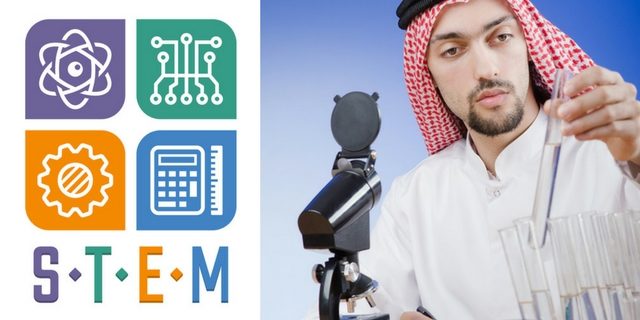Foreign students majoring in STEM (Science, Technology,
Originally, any OPT (Optional Practical Training) program only allowed foreign students to work for one year after graduation. However, the opportunity was extended for an additional two years for foreign STEM students.
According to Forbes, “Trump administration is considering eliminating the regulation on STEM OPT (or Optional Practical Training).” This is just another example of Donald Trump’s attempt at dismantling another effective program implemented under the Obama administration.
Is Trump One of the Most Disliked Presidents in U.S History?
Taking into account President Donald Trump’s performance thus far, it’s quite understandable why he is so disliked worldwide. According to a Pew Research poll released in June of this year, America’s already tattered image has suffered even more under Trump’s so-called leadership.
Unpopular policies issued unsparingly by Executive Order, with no obvious consideration of consequences, are making American the object of hate again.
The unthinkable banning of Syrian refugees to the U.S., travel bans and visa suspensions issued upon various countries (except for where trump does private business), holdups in the H-1 B visa program, and now his proposed ban of foreign STEM graduates working in the U.S.A. is only counterproductive to U.S. interests at best. [/vc_column_text][vc_message message_box_color=”blue” icon_fontawesome=”fa fa-bomb”]Trump’s Next Target: The Well Educated, Hard Working Foreigners[/vc_message][vc_column_text]An article entitled “Are International Students Next on the Menu?” published on Oct. 15, 2017, by Forbes Magazine, suggests that “after ending legal protections for young immigrants, snubbing immigrant entrepreneurs, and posturing against H-1 B spouses,” Trump’s next target is international students.
Trump’s Stance on International Students
What impact might these newly proposed work restrictions have on American competitiveness? Below are our observations:
- To begin with, STEM-related fields rely heavily on one’s fundamental ability to perform advanced scientific and mathematical tasks. This begs the question, are American born students – and future workforce – capable of competing with their foreign-born counterparts?
- According to the National Assessment of Educational Progress (NAEP: assessment within the U.S. only) records from 2007, 2009, 2011, 2013, and 2015, indicate that less than 27% of American 8th graders are proficient enough to compete with similar students around the world (source: NAEP Data Explorer).
- When compared with 15-year-old (10th-grade) students across the globe, U.S. students perform below average to mediocre at best in math, science, and reading comprehension abilities in Programme for International Student Assessment (PISA), which is one of the biggest cross-national tests.
Five countries with the highest science test scores in order are:
#1 Singapore (556), #2 Japan (538), #3 Estonia (534), #4 Taiwan (532), and #5 Finland (531). The United States, however, ranked at #24 with an average score of 496.
Five countries that scored highest in mathematics include:
#1 Singapore (564), #2 Hong Kong (548), #3 Maco (544), #4 Taiwan (542), and #5 Japan (532). Once again, the United State performed poorly, and ranked #38 with an average score of 470. This is well below the world average score of 490.
As for English reading comprehension, one might assume that Americans would do well. However, here, once again the U.S. students performed poorly. In fact, American students did no better than Taiwanese students, whose major languages are Taiwanese and Mandarin Chinese. Students from Taiwan and the U.S.A. both averaged a score 497. This is only 4 points above the world’s average score of 493.
The top 5 territories that placed best in English reading comprehension are #1 Singapore (535), #2 Hong Kong (527), #3 Canada (527), #4 Finland (526), and #5 Ireland (521).
The United States ranked #23, tied with Taiwan.
Can Americans do better on STEM-related jobs than foreign students? We think the answer is obvious.


I am a Mexican. We dislike Trump too because he calls us rapists. We think he is crazy.
We hope things will turn around soon.